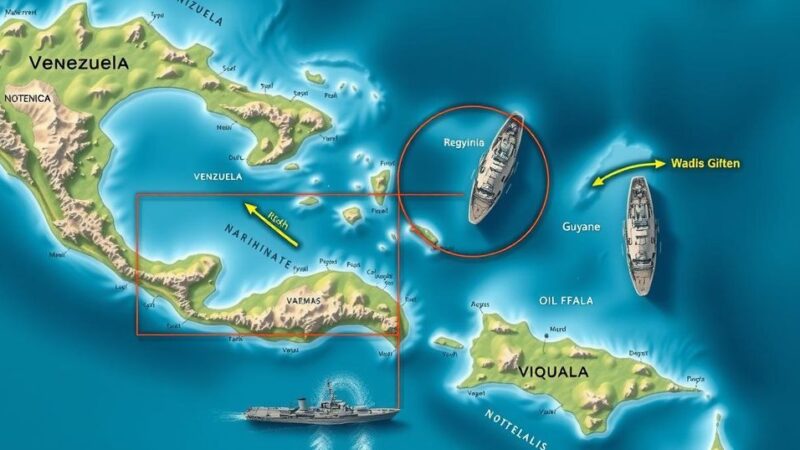Joseph Kabila, former President of Congo, is engaging with opposition leaders amidst escalating tensions with the M23 rebel group. This development poses challenges for current President Felix Tshisekedi, who has received criticism for his handling of the situation. Kabila’s outreach reflects a possible shift in the political landscape, with implications for governance and national stability.
Former President Joseph Kabila of Congo has commenced discussions with opposition leaders regarding the nation’s political future amidst rising tensions as Rwanda-backed rebels advance across the east. Sources indicate that these talks also involve civil society figures and represent a growing challenge for President Felix Tshisekedi, who has faced backlash for his handling of the M23 insurgency, which threatens his administration’s stability.
Kabila and Tshisekedi previously established a power-sharing arrangement following the contested election in 2018; however, their alliance deteriorated as Tshisekedi sought to diminish Kabila’s authority, claiming he obstructed necessary reforms. Tensions escalated when Tshisekedi accused Kabila of supporting the M23 rebels as they approached Bukavu, the second-largest city in eastern Congo.
Kabila refrained from addressing the crisis publicly until his op-ed published on February 23, where he criticized Tshisekedi for constitutional violations and human rights abuses. In private conversations, Kabila has expressed the sentiment that “the Tshisekedi regime is soon over,” although there remains no concrete plan for a political transition.
Recent interactions between Kabila and opposition politicians have been discreet, although he met openly with leaders Moise Katumbi and Claudel Lubaya in December. When asked about Kabila’s outreach, Katumbi’s spokesperson redirected inquiries to his previous criticisms of Tshisekedi, while Lubaya characterized the situation as uncertain, asserting that Tshisekedi prioritizes power retention over national solutions.
In an interview with the Namibia Broadcasting Corporation, Kabila advocated for an inclusive peace process yet remained ambiguous about his objectives, asserting a willingness to serve the nation. Emmanuel Ramazani Shadary, a prominent figure within Kabila’s party, expressed that excluding Tshisekedi from future discussions may be beneficial; however, adherence to constitutional processes must be upheld.
Despite Tshisekedi’s announcement of a unity government plan on February 22, opposition continues from within his administration, as security officials have reportedly intercepted a Kabila-owned boat suspected of carrying arms for rebel factions. A former chief of staff for Kabila challenged these claims, questioning the validity of the authorities’ allegations against him.
Accusations from Congo, UN experts, and Western nations suggest Rwandan support for the M23 rebels, a charge Rwanda vehemently denies, defending its actions as necessary against threats posed by Hutu militias. The current conflict resembles the circumstances of 2001, when Kabila first assumed the presidency following his father’s assassination, as foreign forces once again loom over the Congo, challenging the government’s legitimacy.
In conclusion, Joseph Kabila’s renewed engagement with opposition leaders amidst rising tensions from M23 rebels signifies a potential shift in Congo’s political landscape. While debates regarding leadership transitions intensify, President Tshisekedi’s governance faces mounting scrutiny, particularly concerning his approach to the ongoing crisis. As both political actors navigate these troubled waters, the health of Congo’s democracy and security remains precarious.
Original Source: www.arabnews.com






